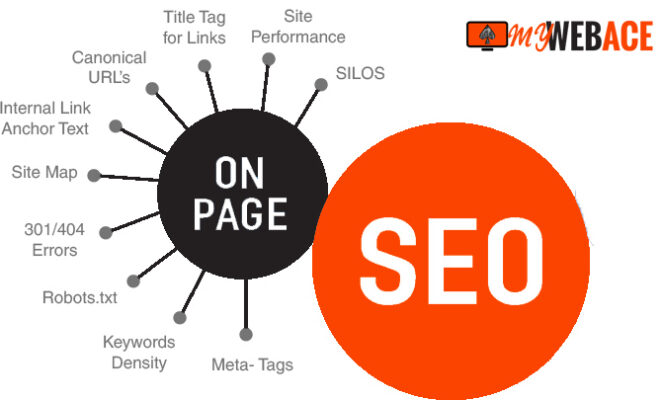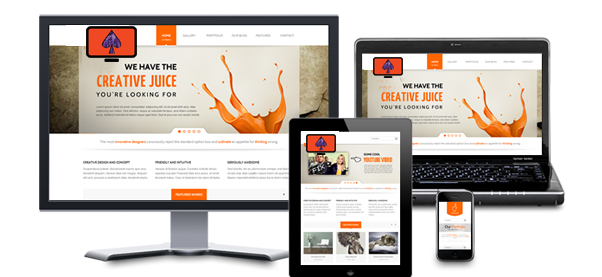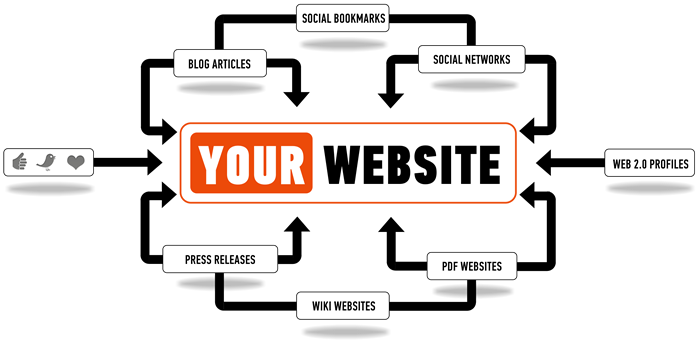Point1: The Fundamentals of On-Page SEO

Defining On-Page SEO
Defining On-Page SEO On-Page SEO, also known as “on-site SEO,” involves fine-tuning web page content to cater to both search engines and human users. Key practices include optimising title tags, content, internal linking, and URLs. This is distinct from off-page SEO, which deals with optimising signals external to your website, such as backlinks.
In an era of advanced search algorithms, traditional on-page SEO practices still hold immense value. Google’s “How Search Works” report acknowledges the continued significance of factors like specific keyword usage. While keyword-rich title tags alone may not guarantee top rankings, they remain a prevalent feature among high-ranking pages. However, successful on-page SEO in 2023 extends beyond keyword placement. It encompasses user experience, reduced bounce rates, optimised page loading speed, and improved click-through rates. This holistic approach ensures your content not only ranks well but engages and satisfies users.




